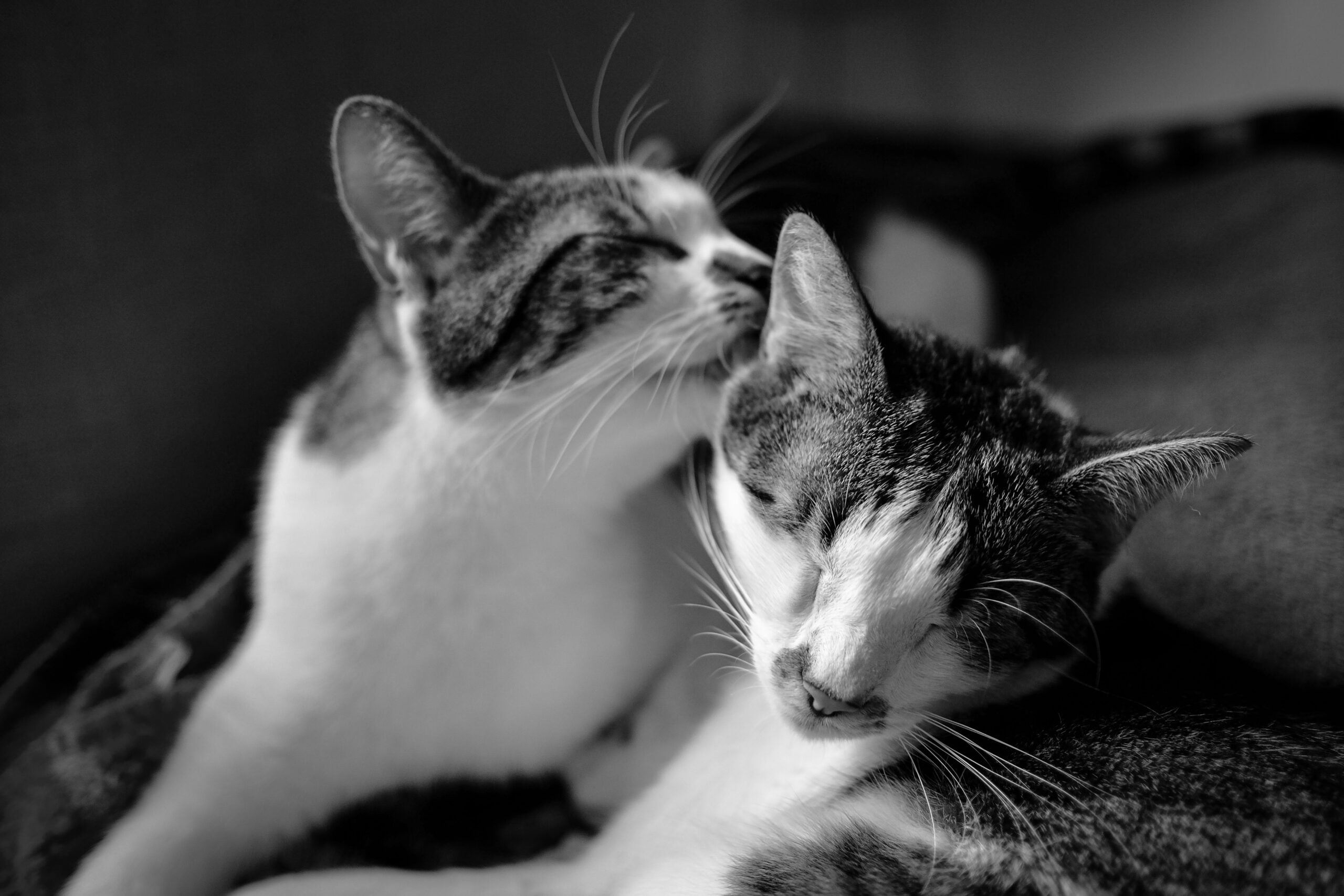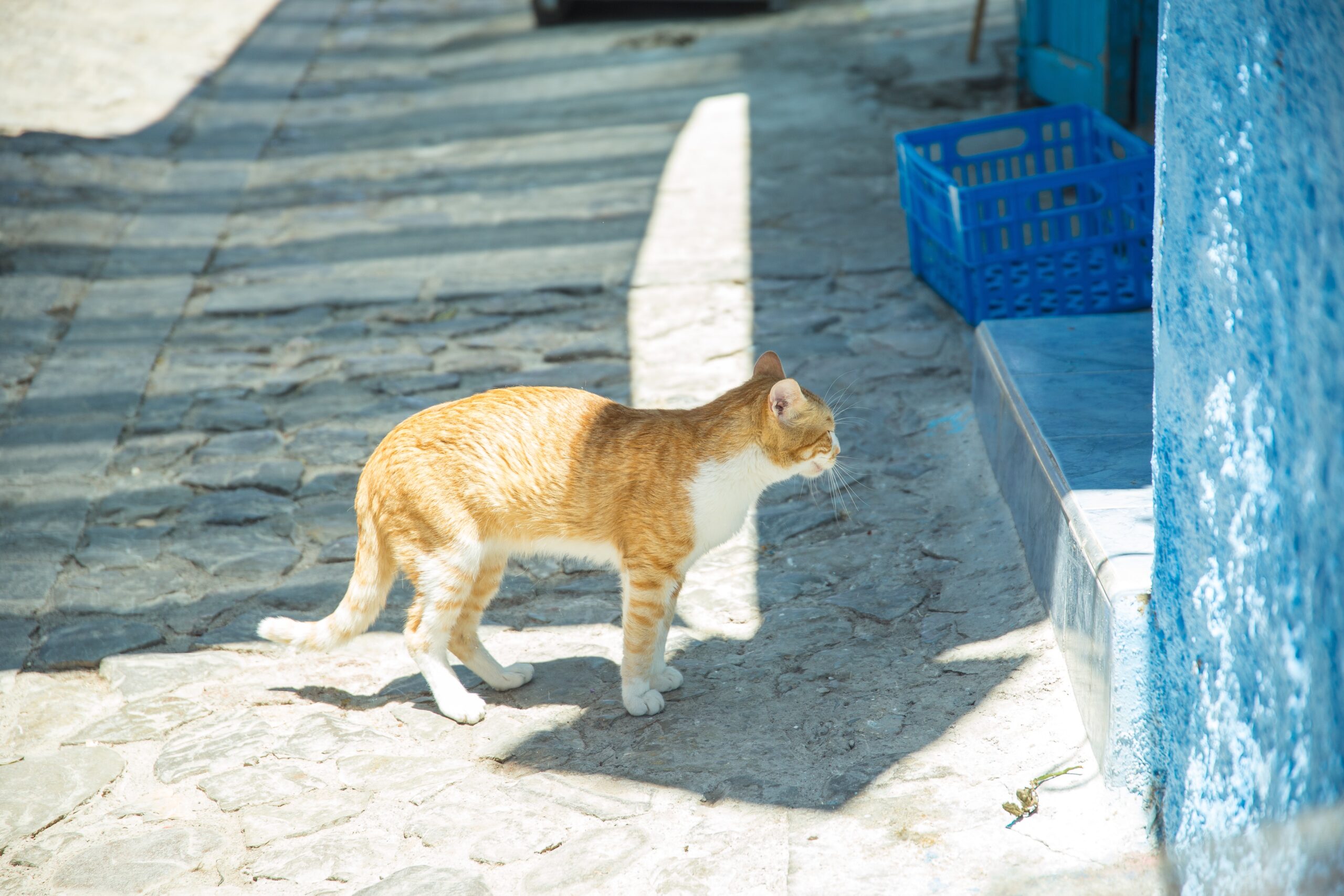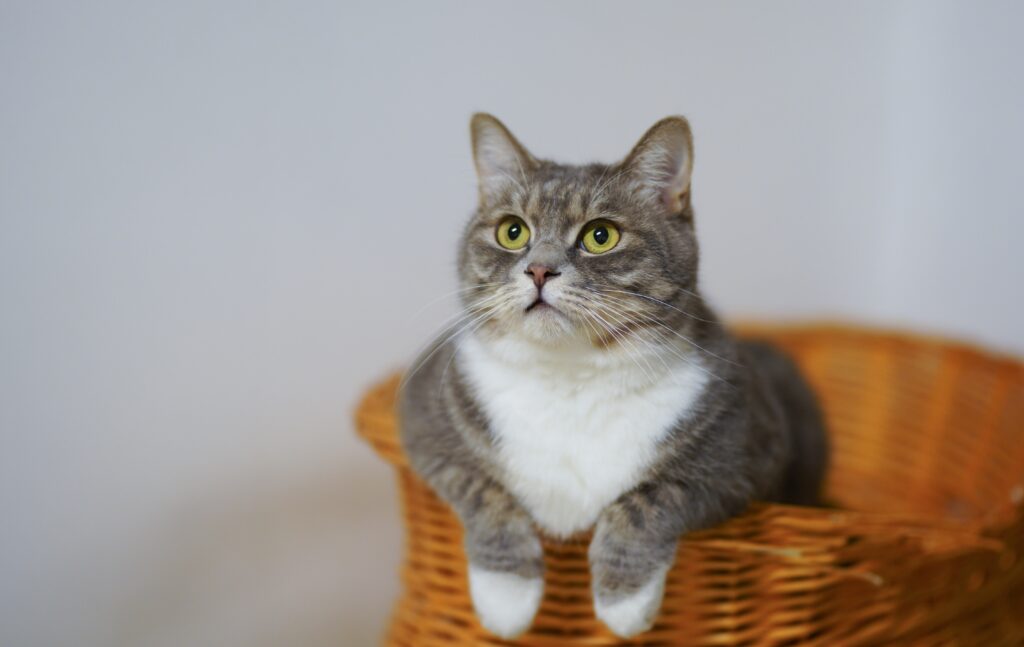White poop in cats can be a cause of concern for cat owners. The reason for the white poop can vary, and it’s important to determine the cause so that proper treatment can be administered.
In this article, we will discuss the various causes of white poop in cats, as well as what each one might mean for your pet’s health. We will also provide some tips on how to deal with this issue if it arises.
Another interesting read: Do Cats Shed Their Claws – How And Why?
Table of Contents
What Does White Poop In Cats Mean?
Have you ever noticed that your cat has had a bout of diarrhea, but then they seem fine again the next day? Or maybe they’ve been eating more than usual lately and have lost their appetite completely.
The reason for this could be because something is wrong with them internally which causes these symptoms. If left untreated, this can lead to serious health issues later down the road.
It’s important to keep an eye out for any changes in your cat’s behavior or appearance so that you can take them to the vet right away if anything seems off at all.
What Causes White Poop In Cats?

There are many reasons why your cat may have white poop, but most often it is due to an infection or parasite that has taken hold of their digestive system. This could also happen if they have eaten something toxic like chocolate which can cause issues with digestion and absorption of nutrients from food.
Other reasons include:
Intestinal Parasites
Intestinal parasites like roundworms or tapeworms can cause white poop in cats too. These are often present at birth but sometimes don’t manifest until later on when it comes time for them to shed their old skin cells and create new ones again (usually during molting). Other times they’re passed through feces from an infected animal.
Food Intolerance
Food intolerance, such as gluten sensitivity or lactose intolerance may cause white stool in cats to appear lighter than normal due to lower amounts of bile being produced by their bodies which can lead to diarrhea if left untreated for too long.
Another interesting read: Why Do Cats Look Out The Window? – Unique Cats’ Behavior
Inflammatory Bowel Disease (IBD)
Inflammatory bowel disease (IBD) often causes inflammation of the intestines which can lead to changes in the color and consistency of your cat’s stool.
Moreover, a blockage in the intestinal tract can also cause white poop since the undigested food will sit in that area and begin to rot, leading to further health complications.
Another interesting read: The Best Places to Pet a Cat: Do’s and Don’ts
What Is The Prognosis For White Stool In Cats?
Treatment for white poop in cats will depend on what is causing the problem. For example, if an intestinal parasite has been diagnosed with a course of antibiotics or anti-parasitic medication can be prescribed to kill off any remaining parasites before they cause more damage.
If your cat is exhibiting any of the symptoms mentioned above, it’s important to take them to the vet for a proper diagnosis. Depending on what is causing the white poop, different treatments will be recommended.
For example, if an intestinal parasite is detected, your vet may prescribe a course of antibiotics or anti-parasitic medication kill off any remaining parasites in the gut before they can cause more damage.
Another interesting read: Ultra Guides On Best Cat Litter Scoop Reviews
If food intolerance is suspected, your vet will likely suggest switching foods with one that doesn’t contain whatever ingredient(s) are causing problems for your pet (such as gluten or lactose). If IBD has been diagnosed and treated accordingly, then most cases will have a good prognosis.
However, if there is an intestinal blockage, surgery may be required to remove the obstruction and correct the problem.
In any case, it’s important to seek veterinary help as soon as you notice something is wrong with your cat so that they can get the treatment they need as quickly as possible!
What Can You Do To Prevent White Poop Syndrome In The First Place?

There are five main things you can do to help prevent your cat from developing white poop syndrome. They are diet, water intake, stress reduction, litter box hygiene, and regular veterinary check-ups. Let’s take a closer look at each of these points!
Diet
Diet is one of the most important factors in preventing cats from getting white poop syndrome. A diet that is high in fiber and low in fat is ideal. You should also avoid feeding your cat processed foods, as these are often high in fat.
Water Intake
Water intake is also important. Cats need a lot of water to stay healthy, and dehydration can lead to white poop syndrome. Make sure your cat has access to fresh water at all times.
Stress Reduction
Stress reduction is another important factor in preventing white poop syndrome. Cats can become stressed for a variety of reasons, including changes in their environment or being around other animals.
Ways to reduce stress include providing your cat with a calm and comfortable environment, playing with them regularly, and giving them plenty of attention.
Litter Box Hygiene
Litter box hygiene is another important factor in preventing white poop syndrome. Make sure the litter box is kept clean at all times, and that it has enough space for your cat to move around comfortably.
You should also avoid using scented litter because it can cause irritation if inhaled by humans or other animals nearby. Cats like things to be clean and tidy, so make sure the litter box is in a quiet, dark place where your cat can feel comfortable using it.
Regular Veterinary Check-Ups
Regular veterinary check-ups are also important in preventing white poop syndrome. Your veterinarian will be able to tell if your cat is at risk for developing the condition and can provide advice on how to reduce the chances of white poop syndrome occurring.
By following these five tips, you can help your cat stay healthy and free of white poop syndrome!
Another interesting read: All You Need To Know About Minskin Cat
How To Make Your Cat More Comfortable In This Situation?
- Give him some treats! Cats love catnip and cheese, so these would be good options to offer as an incentive for doing the right thing in his litter box again.
- Make sure you clean out any remaining food in his bowl after each meal or snack time so that he doesn’t feel like there’s nothing left to eat.
- If possible, try switching him over from dry food (which can be hard on their digestive system) to a wet canned variety that’s easier for them to digest and has more moisture content than kibble does – this will help keep stools soft enough so they don’t get stuck inside of it which could make things worse.
- Keep up with regular check-ups at your vet’s office – they can monitor his progress and make sure everything is okay before bad things happen!
Wrapping Up
This blog post has examined the different causes of white poop in cats. We hope you have found this article helpful and informative! If your cat is experiencing any unusual symptoms, please contact your veterinarian for a full examination to find out what may be causing them.

